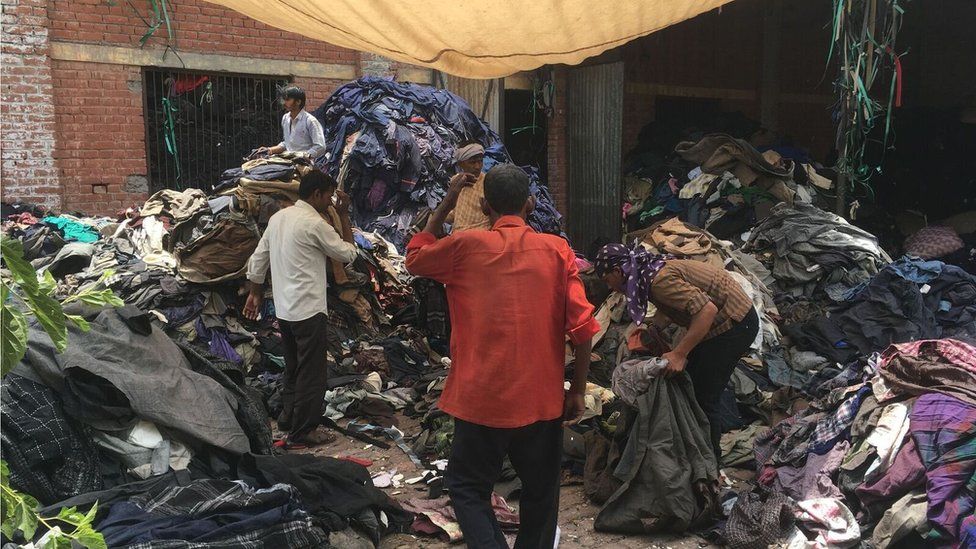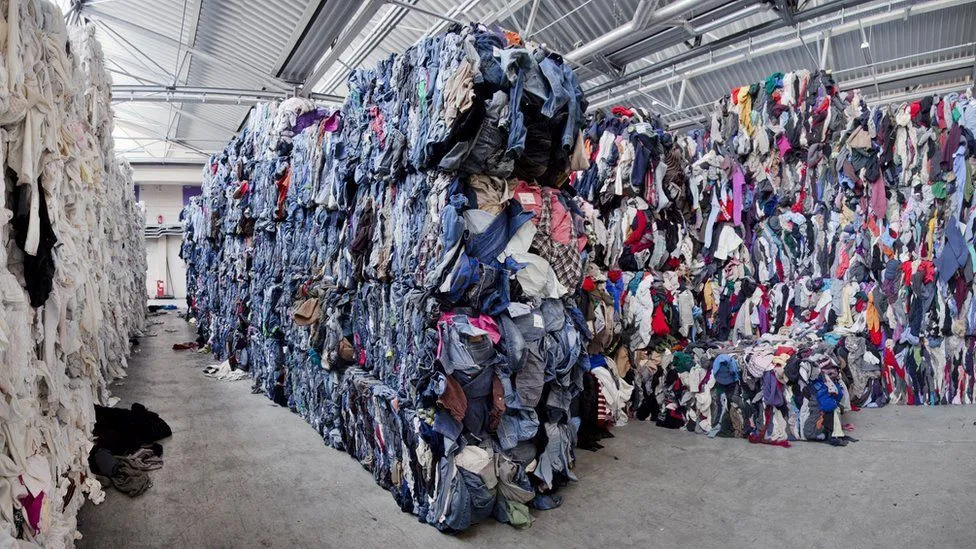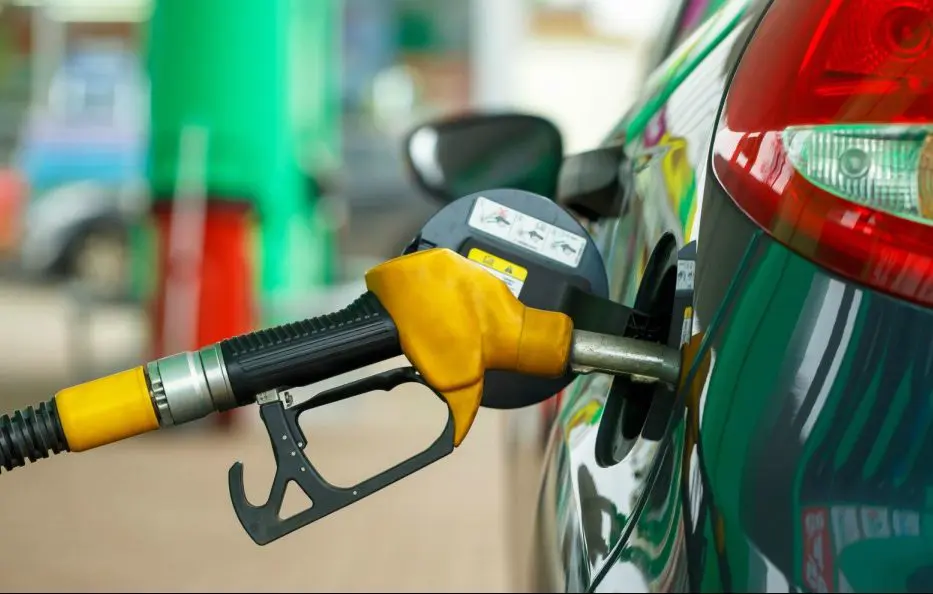Europe dumps 90% of used clothes in Africa and Asia — Report
- Europe exports 90% of its used clothes and textile waste to Africa and Asia, posing environmental challenges for these continents.
- Textile consumption in Europe ranks high in land use, water consumption, and greenhouse gas emissions, as well as contributing to chemical pollution.
- Concerns arise over the uncertain fate of textile waste, with Africa and Asia being major recipients, while recycling and reuse capacities in Europe remain limited.
European countries have been exporting a staggering 90% of their used clothes and textile waste to Africa and Asia, according to recent data. The European Environment Agency (EEA) warns that textile waste is the fourth-highest source of environmental pressure and climate change concerning European consumption. These findings highlight the urgent need for sustainable waste management practices and increased responsibility within the global textile trade.
Europe’s heavy reliance on Asia and Africa as low-cost manufacturing hubs has resulted in a surplus of used clothes and textile waste. While this practice has proven lucrative for businesses, the environmental consequences are alarming.
The EEA’s report reveals that textile production and consumption in the European Union have significant impacts on the environment and climate. Textile consumption ranks third in land use and water consumption within the value chain, as well as fifth in material resource utilisation and greenhouse gas emissions. Additionally, textiles introduce chemicals that further impact the environment and climate.
Of particular concern is the prevalence of synthetic textiles, which are derived from fossil fuel resources. These materials are extensively integrated into daily life, from clothing and household textiles to automotive components. The production, consumption, and improper disposal of synthetic textiles contribute to greenhouse gas emissions, non-renewable resource consumption, and the release of microplastics.
Europe generates a staggering 5.8 million tonnes of textile waste annually, equating to approximately 11 kg per person. Nearly two-thirds of this waste comprises synthetic fibres. While some textile waste is separately collected for recycling within Europe, the majority is exported to Africa and Asia due to limited local reuse and recycling capacities.
In 2019, Africa received over 60% of EU-used textile exports, cementing its position as the primary destination. However, Asia’s share has significantly increased, accounting for 41% of EU imports, almost on par with Africa’s 46%. The European Environmental Agency expresses concerns about the uncertain fate of these textile exports, as the reuse, recycling, or disposal methods employed in recipient countries are not well-documented.

The EEA’s report highlights that African countries primarily use imported used textiles for local reuse, driven by the demand for affordable clothing from Europe. However, textiles that are unsuitable for reuse often end up in open landfills or informal waste streams. In contrast, Asian countries tend to import used textiles to dedicated economic zones, where they undergo sorting and processing. Most of these textiles are downcycled into industrial rags or filling materials. Those that cannot be recycled or re-exported will likely end up in general waste management systems, predominantly in landfills.
The significant increase in used textile exports from the EU over the past two decades is another cause for concern. The EEA reports that exports have tripled, from slightly over 550,000 tonnes in 2000 to almost 1.7 million tonnes in 2019. Additionally, there are concerns about mislabeling waste streams as second-hand goods to bypass waste management regulations.
Also Read: Top 10 African countries with the highest cost of living in 2023
As the textile industry grapples with the environmental consequences of its waste, there is an urgent need for sustainable waste management practices and improved accountability throughout the supply chain. Stakeholders must collaborate and implement responsible solutions that address the environmental impact of textile production, consumption, and disposal.













